Everything You Need to Know Before Becoming a Solar Panel Installer
Pursuing a career as a solar panel installer can mean that individuals can take advantage of being in a job market that is ever-growing while simultaneously developing valuable skills. But, before you choose to pursue the role of a solar panel installer, it might be worthwhile to consider what it entails, the skills and training required in order to begin—and eventually excel—along side other important factors such as job opportunities, career growth, salary and benefits and more. We'll walk you through some of these factors in this article. Let's dive in!
Understanding the Role of a Solar Panel Installer
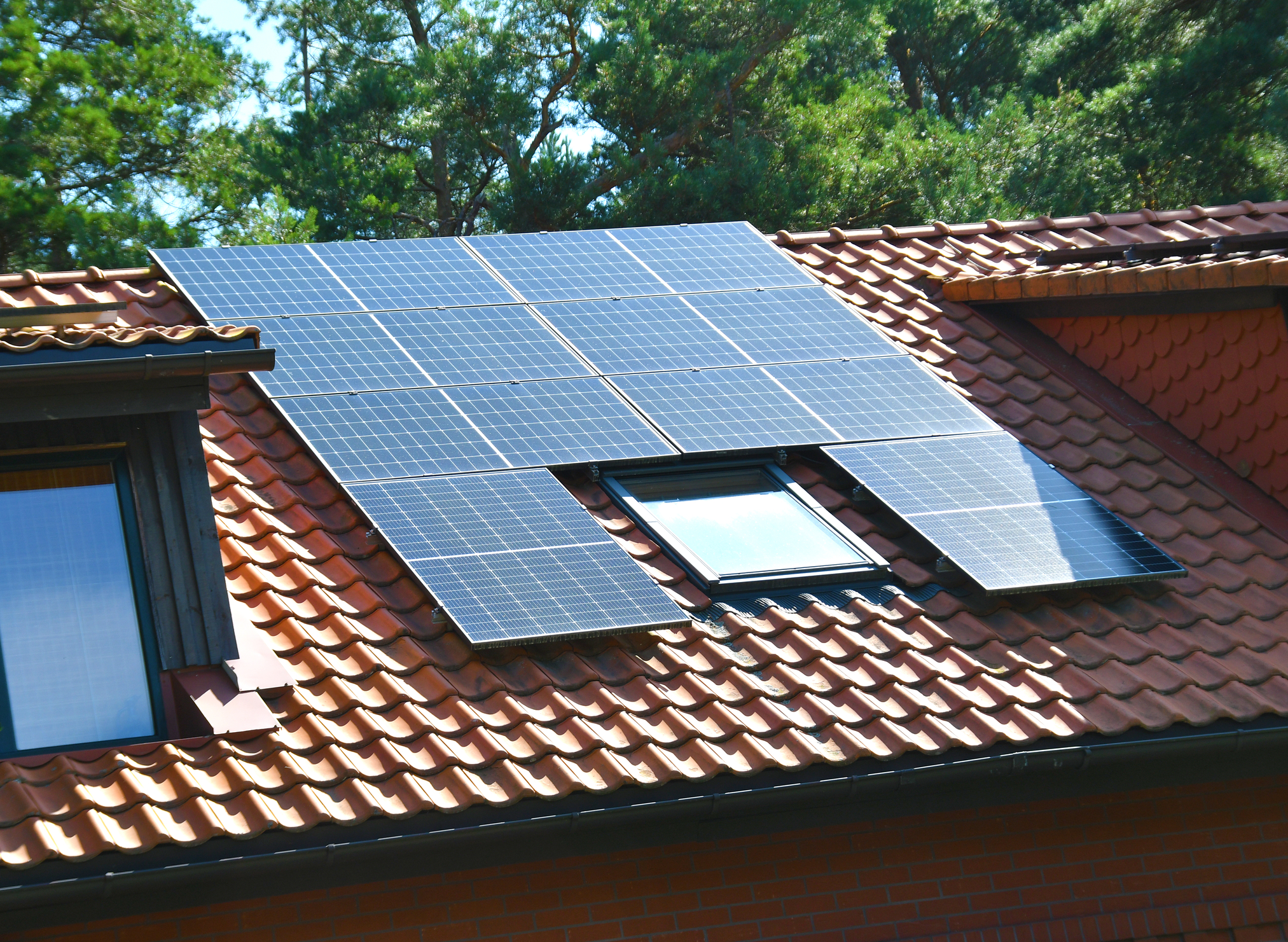
The role of a solar panel installer is becoming increasingly vital as the demand for renewable energy solutions grows. Solar panel installers, also known as PV (photovoltaic) installers, are responsible for assembling, installing, and maintaining solar panel systems on rooftops or other structures. Their work is crucial in helping homeowners, businesses, and communities transition to cleaner energy sources. This job requires a blend of technical knowledge, physical stamina, and a commitment to safety, as installers often work at heights and handle electrical systems.
Skills and Training Required
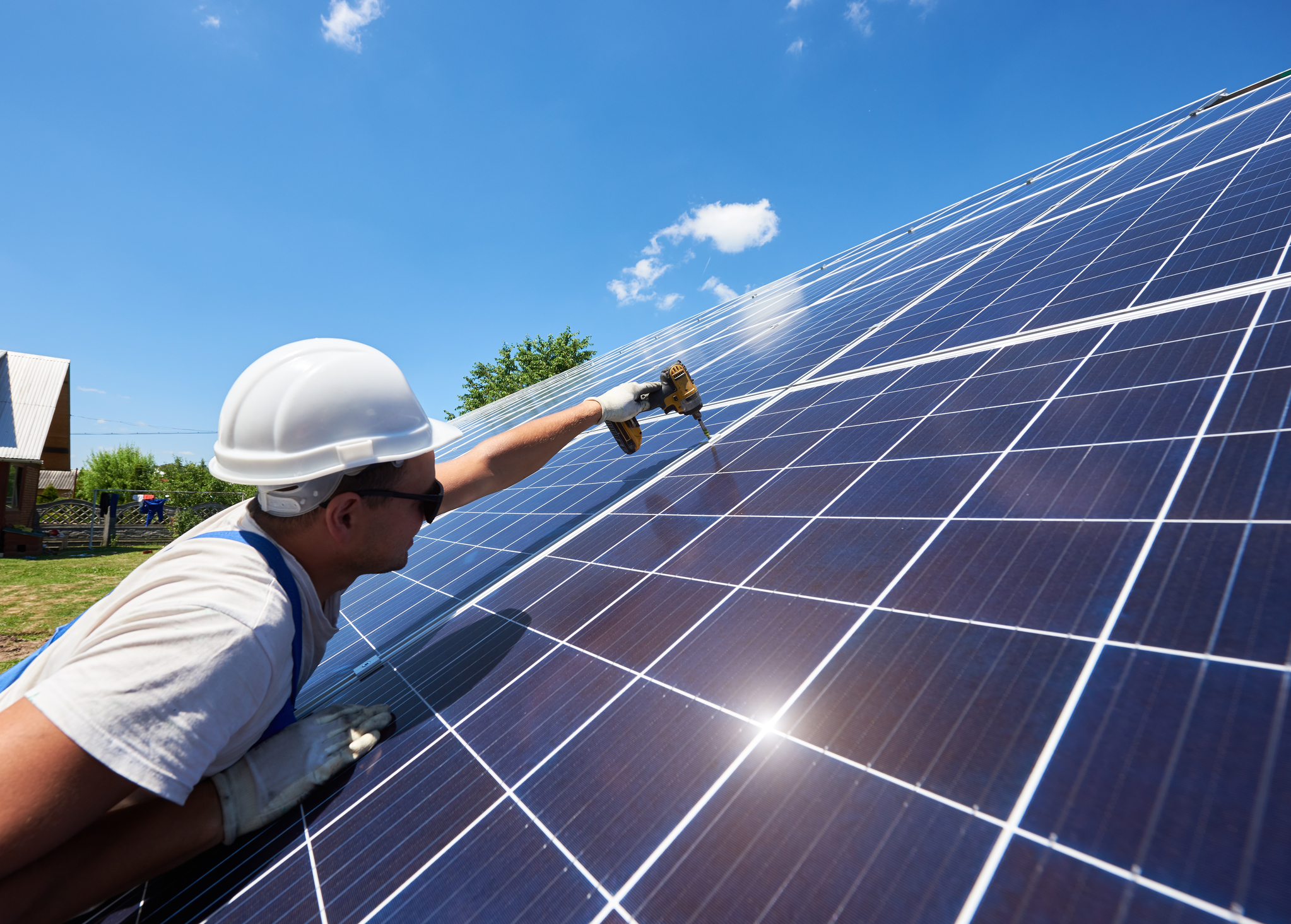
To become a successful solar panel installer, a combination of skills and training is essential. Installers need to be proficient in using hand and power tools, understanding electrical wiring, and interpreting technical plans and blueprints. While some employers may provide on-the-job training, many installers enter the field with prior experience in construction, electrical work, or a related trade. Additionally, completing a training program or obtaining certification from a recognized organization, such as the North American Board of Certified Energy Practitioners (NABCEP), can enhance job prospects and credibility in the field. Strong problem-solving skills, attention to detail, and the ability to work as part of a team are also important qualities for a solar panel installer.
Job Opportunities and Career Growth
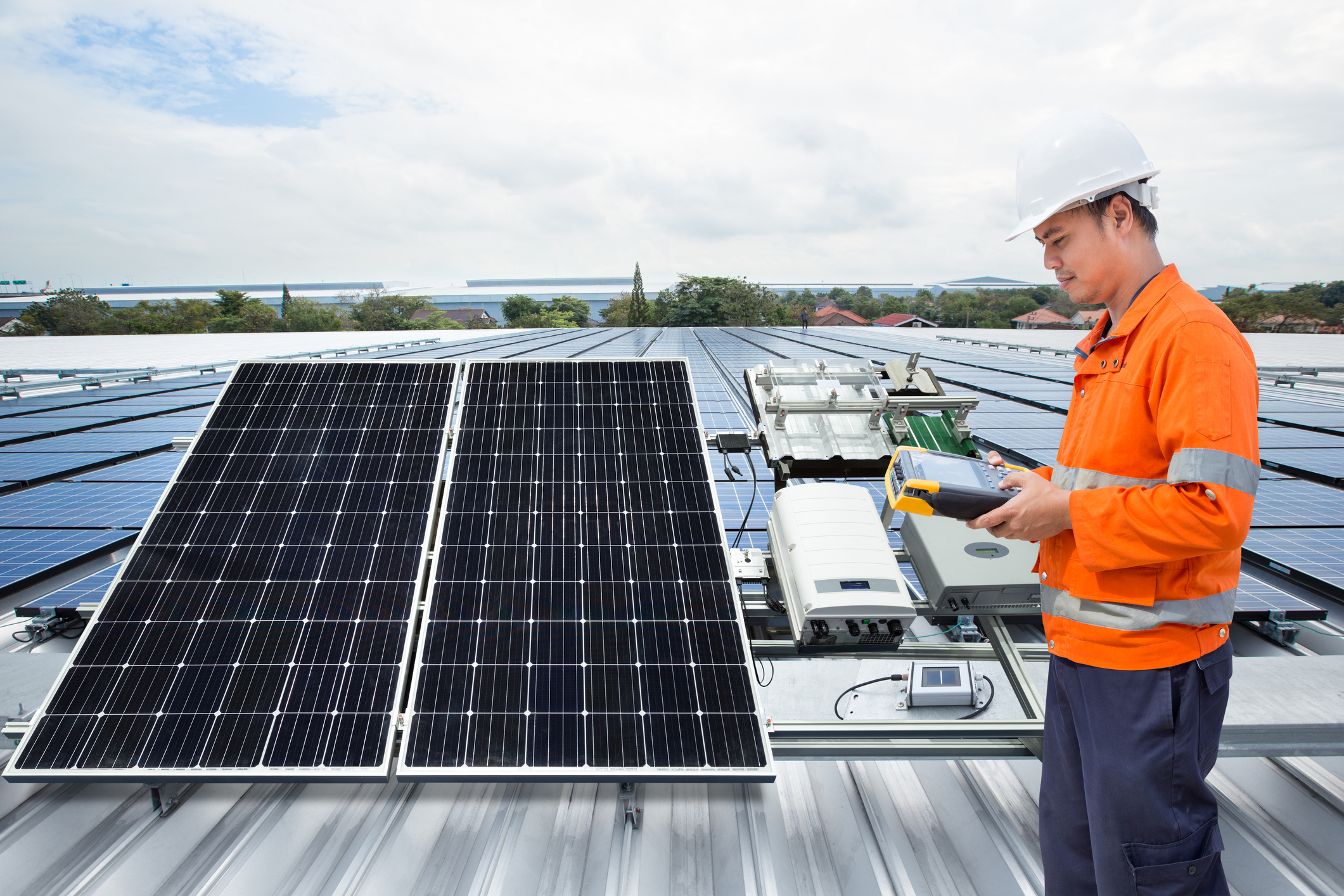
The job market for solar panel installers is expanding rapidly due to the increasing adoption of solar energy across residential, commercial, and industrial sectors. According to the U.S. Bureau of Labor Statistics, the employment of solar panel installers is projected to grow much faster than the average for all occupations. This growth is driven by the declining cost of solar panels, government incentives, and a heightened focus on reducing carbon emissions. As the industry evolves, there are opportunities for career advancement, including moving into supervisory roles, becoming a project manager, or even starting a solar installation business. For those interested in sustainable energy and hands-on work, this field offers both job security and the satisfaction of contributing to environmental conservation.
Salary and Benefits
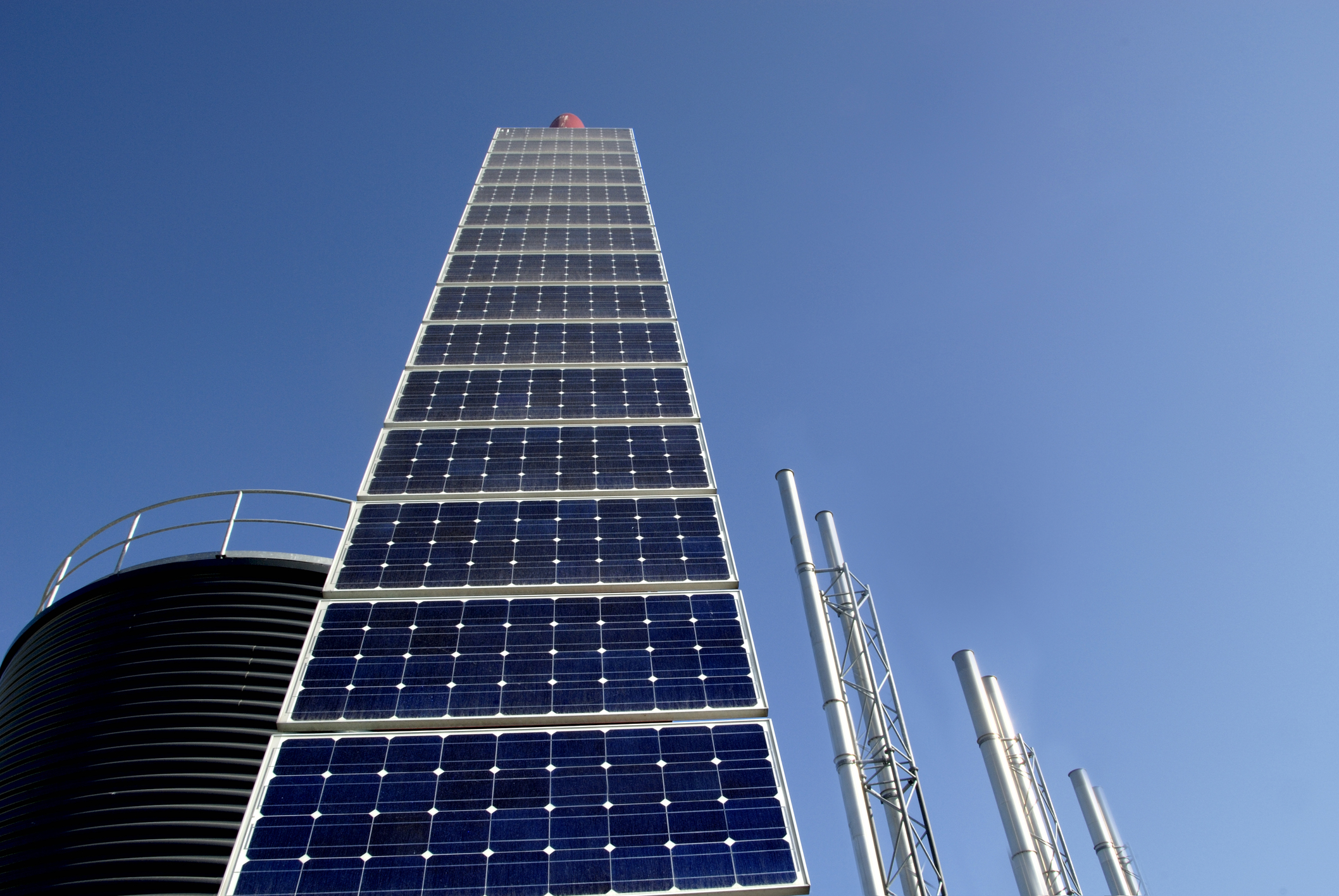
Solar panel installers typically earn a competitive salary, with compensation varying based on experience, location, and the complexity of the projects. Entry-level positions may start with modest wages, but as installers gain experience and expertise, they can expect significant pay increases. In addition to a stable income, many companies offer benefits such as health insurance, retirement plans, and opportunities for continuing education. Some employers also provide bonuses or incentives for completing projects efficiently or for obtaining additional certifications. Given the growing demand for solar energy, job stability in this field is another attractive benefit.
Challenges and Considerations
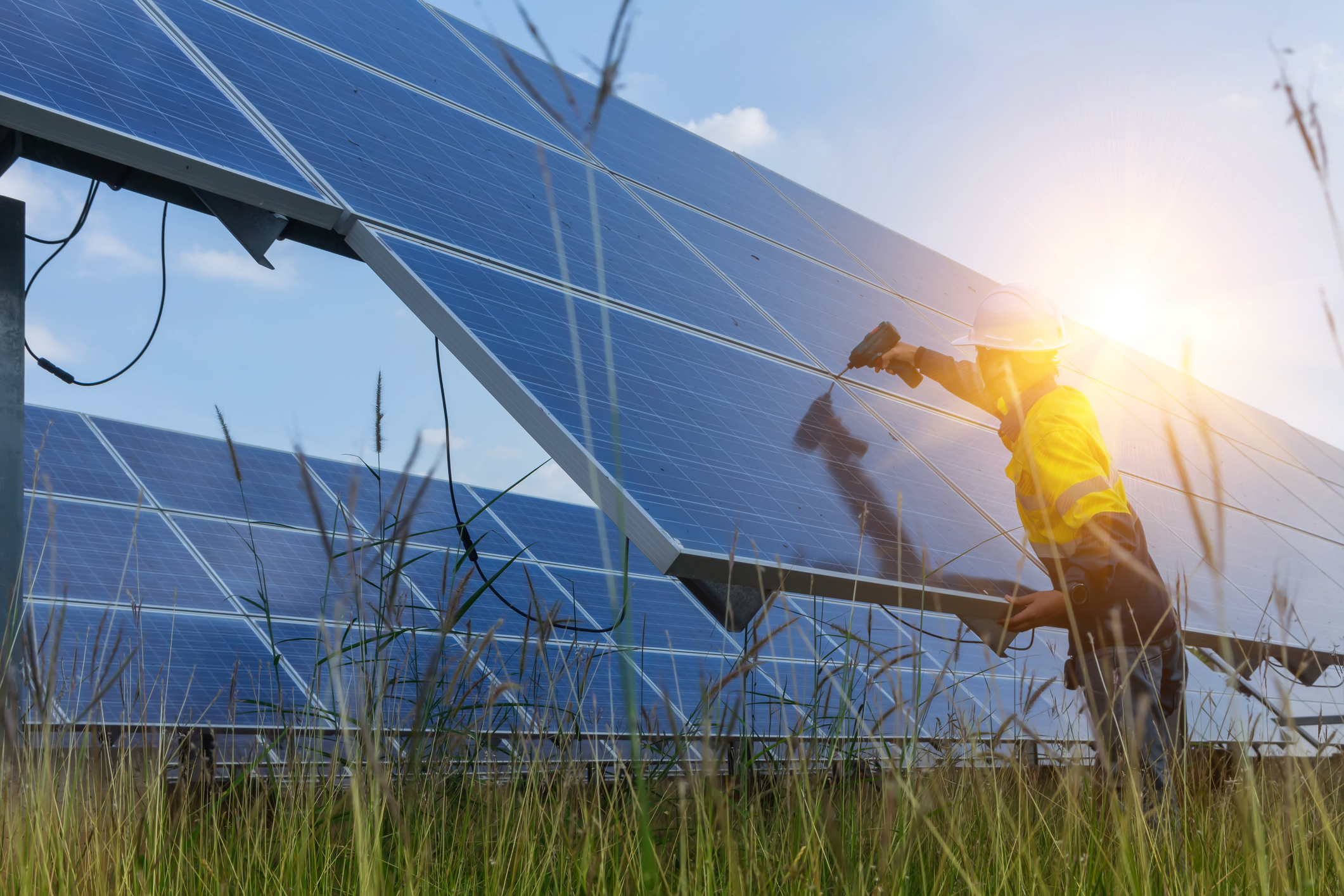
While the job of a solar panel installer is rewarding, it comes with its own set of challenges. Installers often work in varying weather conditions, and the physical nature of the job can be demanding. Working at heights and handling electrical components also pose safety risks, making adherence to safety protocols paramount. Additionally, as technology evolves, installers must stay updated on the latest advancements in solar energy systems, which may require ongoing education and training. Despite these challenges, many find the work fulfilling, especially given its positive impact on the environment.
Environmental Impact and Job Satisfaction
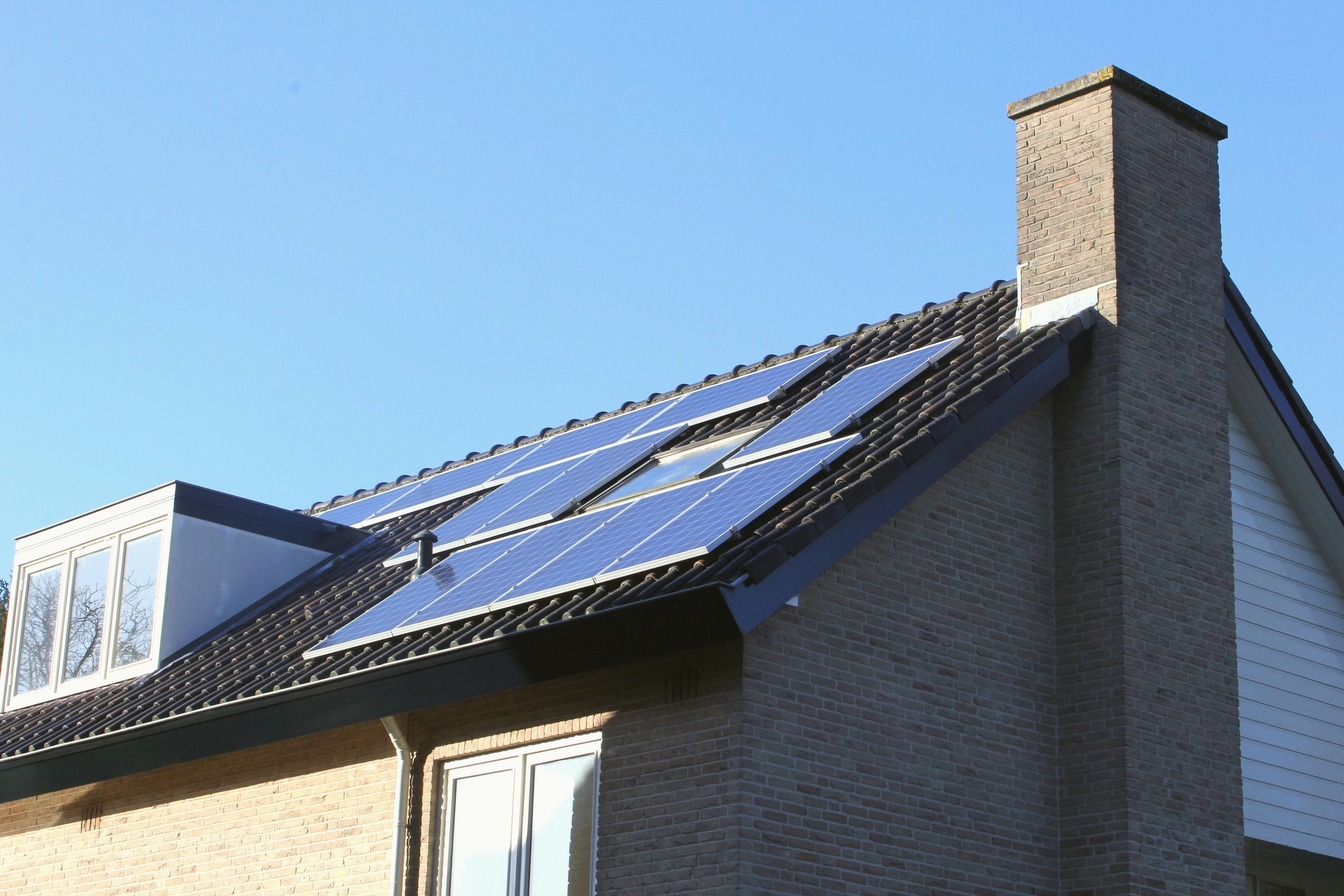
One of the most compelling aspects of a career as a solar panel installer is the positive environmental impact. By helping to increase the use of renewable energy, installers play a direct role in reducing greenhouse gas emissions and promoting sustainability. This sense of contributing to a greater good often leads to high job satisfaction among those in the field. For individuals passionate about the environment and eager to be part of the green energy movement, working as a solar panel installer offers not just a job, but a meaningful career.